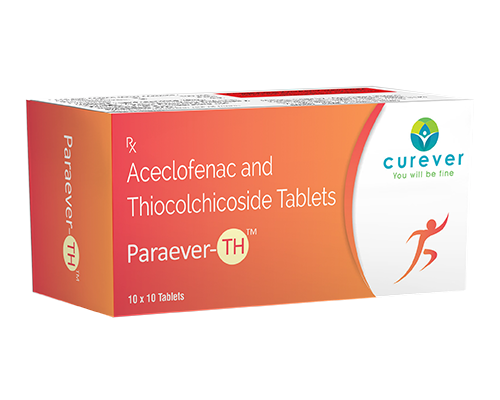• This medicine should be taken with or after food.
• This medicine may mask the signs and symptoms of infection, such as fever and inflammation. This may make you think mistakenly that an infection is getting better when it isn't, or that an infection is less serious than it is. For this reason you should tell your doctor if you get an infection while you are taking this medicine.
• Your doctor will prescribe you the lowest effective dose of this medicine for the shortest possible time necessary to relieve your symptoms. This is to minimise the chances of any side effects, particularly those mentioned below. It is important not to exceed the prescribed dose.
• NSAIDs can occasionally cause serious side effects on the gut, such as ulceration, bleeding or perforation of the stomach or intestinal lining. This type of side effect is more likely to occur in elderly people and in people taking high doses of the medicine. The risk can also be increased by taking certain other medicines (see below). It is important that these people, as well as people with a history of disorders affecting the stomach or intestines, are closely monitored by a doctor while taking this medicine. If your doctor thinks you are at high risk of side effects on the gut you may be prescribed an additional medicine to help protect your gut. All people taking this medicine should stop treatment and consult their doctor immediately if they experience any sign of bleeding from the stomach or intestine during treatment, for example vomiting blood and/or passing black/tarry/bloodstained stools.
• Non-steroidal anti-inflammatory drugs such as this one may be associated with a small increase in the risk of experiencing a heart attack or stroke. Any risk is more likely with high doses and prolonged treatment. If you have heart problems, have ever had a stroke, or think that you might be at risk of these conditions (for example if you have high blood pressure, diabetes, high cholesterol or are a smoker) you should discuss your treatment with your doctor or pharmacist.
• Very rarely, NSAIDS may cause serious blistering or peeling skin reactions (eg Stevens-Johnson syndrome, toxic epidermal necrolysis, exfoliative dermatitis). For this reason, you should stop taking this medicine and consult your doctor if you get a skin rash or sores inside your mouth while taking this medicine. This side effect is very rare, but if it occurs, is most likely to happen in the first month of treatment.
• If you have cirrhosis of the liver, heart failure or kidney disease, you are on a low sodium diet, or you are taking diuretic medicines, your kidney function should be assessed before starting and regularly throughout treatment with this medicine.
• During long-term treatment with this medicine you should have regular check-ups with your doctor so that you can be monitored for possible side effects of the medicine. This might include routine blood tests to monitor your kidney function, liver function and levels of blood components, particularly if you are elderly.
